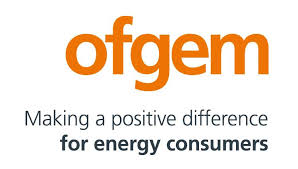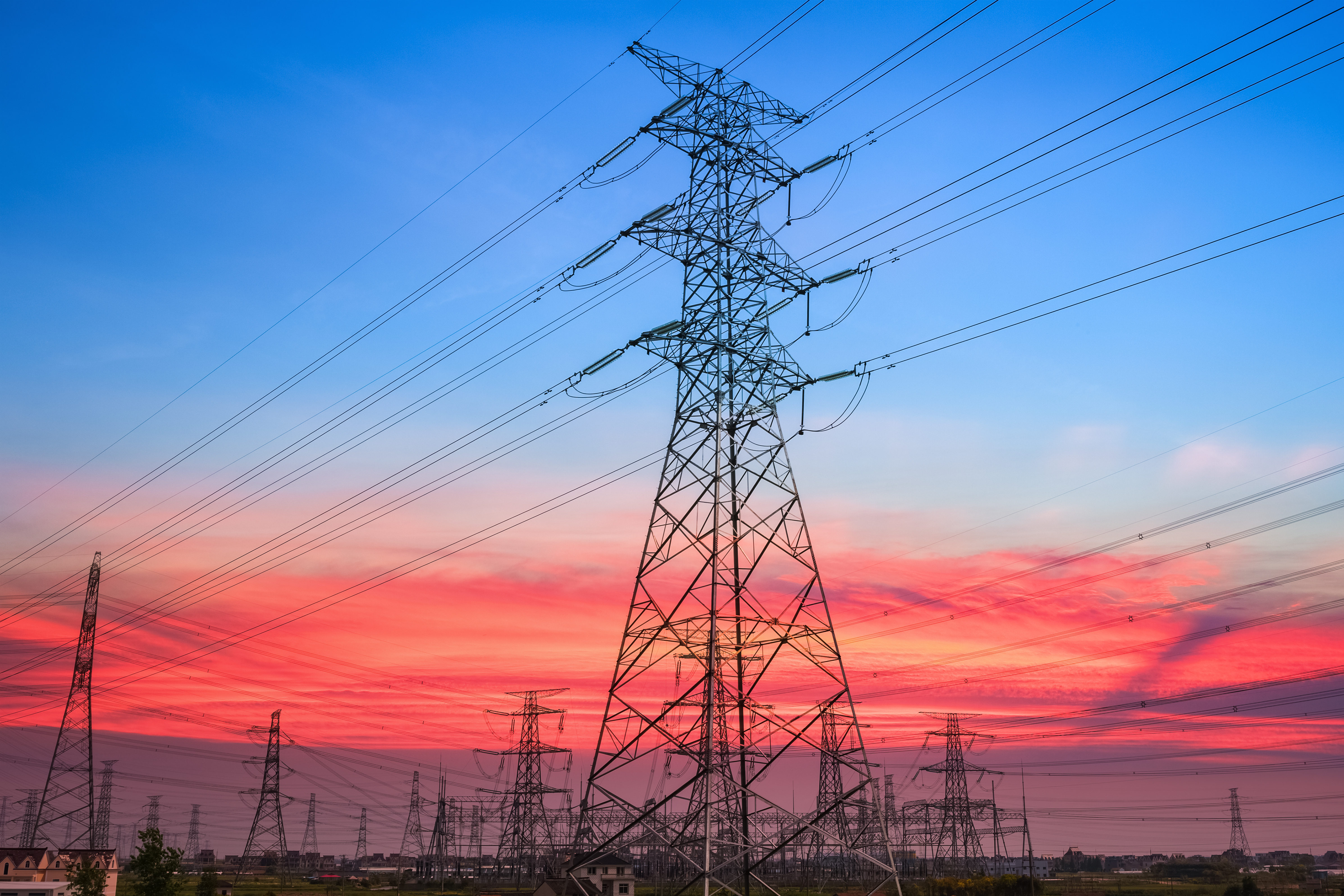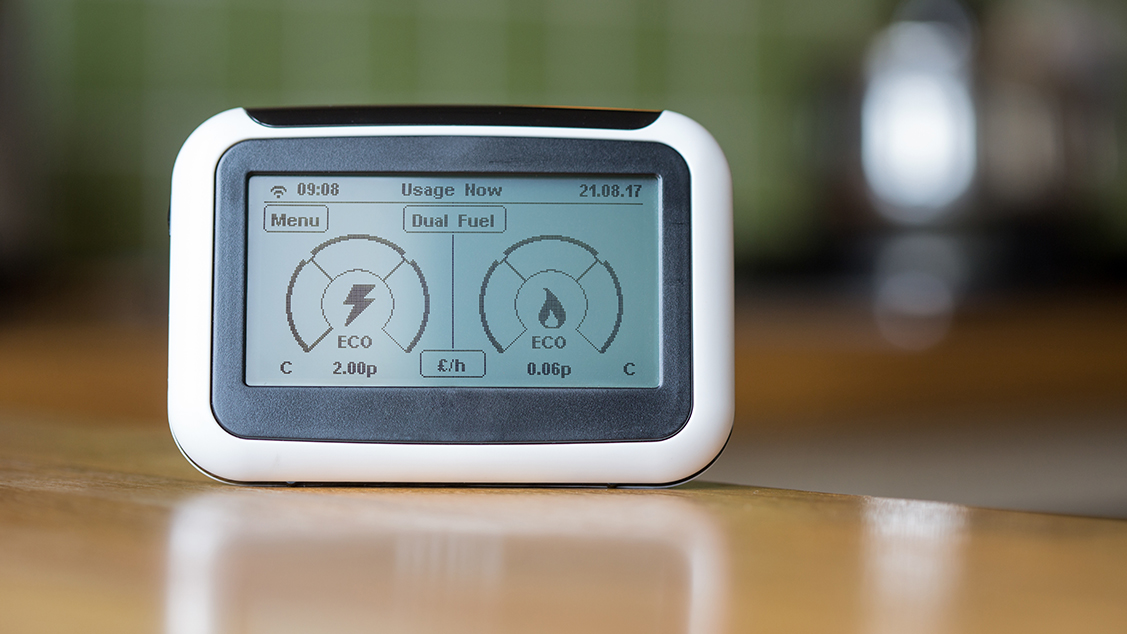The energy regulator for the UK Ofgem has directed nine suppliers, including Symbio, to sign up as a data communications company or DCC user or else face the consequence of losing their license.
The regulator revealed that the energy suppliers were supposed to be DCC users from 25 November 2017, but still have not made any move to meet the requirement.
The DCC system allows consumers to take advantage of the smart meter’s full capabilities.
Smart Meter System
Ofgem has issued a final order to Symbio and eight other suppliers on the grounds of failing to meet the requirement of becoming a DCC user, as stated in the standard licence condition (SLC) 42.8 (gas supply) and 48.11 (electricity supply).
Symbio is joined by Ampower UK Ltd, Daligas Limited, Better Energy Supply Limited, Entice Energy Supply Limited, Enstroga Ltd, Green Energy Supply Limited, Euston Energy Ltd, and UK National Gas Ltd. These nine suppliers have failed to become a DCC member by the November 2017 deadline.

Some of the companies above have acquired their license for almost ten years.
Ofgem stated that it is holding consultations on whether to push through with the Final Order to compel the nine suppliers to implement the DCC system. The regulator can impose licence revocation as a sanction for providers that will not heed its proposal.
The DCC system maintains the smart functionality of the energy meters, including automatically sending readings to the respective supplier despite switching to a new firm.
Currently, customers with SMETS2 who wish to switch to any of the nine suppliers will lose the smart functionality of their meters due to the non-compliance of the said providers to the DCC system.
All energy suppliers were ordered to sign up as a DCC user to give customers a seamless switch to the energy provider of their choice. Ofgem has required gas and electricity providers to enroll SMETS1 or the first-generation smart meters and install the upgraded smart meters or SMETS2.
The regulator pushed for a 2020 deadline of the smart meter rollout, ordering suppliers to complete the installation of smart meters to households and small-business customers.
The nine suppliers called out by Ofgem will be given until 31 March 2020 to sign up on a DCC once the final order will be issued.

Supplier Obligations
There are many small suppliers in the UK, but deciding not to register still affects thousands of customers with smart meters. Ofgem has expressed concern that the non-compliance of these firms will result in consumers being unwilling to have smart meters installed. Smart meter use is something that the regulator fervently promotes.
Ofgem further pointed out the supplier’s role in ensuring that they achieve a successful roll out to meet the deadline.
An Ofgem spokesperson stated the body is closely monitoring the approach of UK suppliers regarding smart meters, and they are also regularly communicating to remind about the obligations set upon them. They said a supplier not registered as a DCC user could undermine customer’s confidence in the switching process and smart meter programme, driven by their inability to install SMETS2.
uSwitch energy expert Will Owen stated the nine energy suppliers are among the UK’s smallest energy providers, meaning that only a small portion of consumers are affected. However, every supplier must be enrolled as a DCC user to ensure that the smart meter rollout is thriving across the nation.
Smart meters count on mobile networks to transmit data on energy usage to the consumer’s supplier. Areas with a patchy signal, typically those in the north and high-rise buildings, cannot get ahold of the DCC network.

This issue is just one of the many growing pains of the smart meter rollout that has caused delays, according to Compare the Market head of energy Peter Earl. He said the suppliers should be connected to aid in the success of the programme since smart meters rely heavily on technology.
The smart meter rollout deadline has been pushed back further to 2024 to ensure that all small businesses and domestic customers have an installed smart meter.
